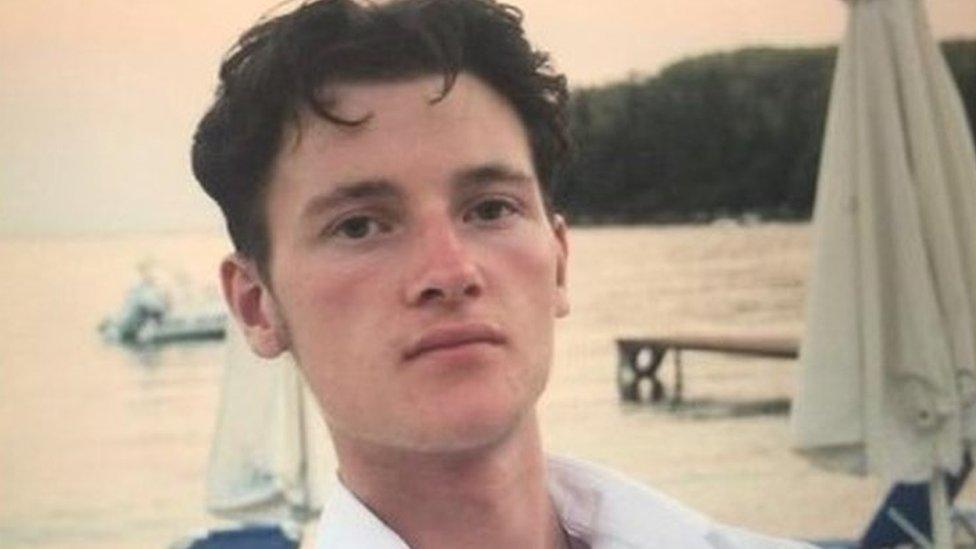The young men driving themselves to death
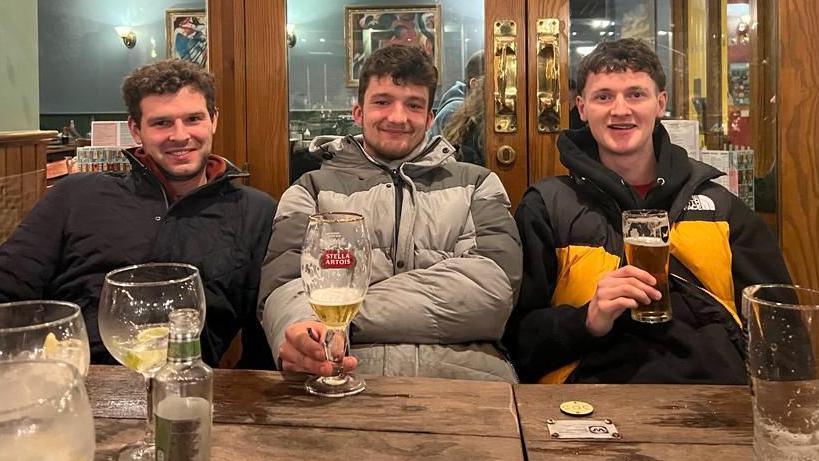
(Left to right) Lewis Moghul, John Yolland and Sammy Phillips
- Published
Three young men smile for a photo in the pub - 45 minutes later, two of them are dead.
Lewis Moghul, 22, was found to be more than three times the legal alcohol limit when he crashed his red BMW 225D MSport, killing himself and his 19-year-old passenger Sammy Phillips.
One witness described the car as travelling at "insane" speeds before it left the road and smashed into trees in Oxfordshire in February last year.
According to new BBC analysis, young men are four times more likely than other drivers to be convicted of dangerous or careless driving.
John Yolland said the death of his friends was "like the world stopping"
Driver and Vehicle Licensing Agency (DVLA) data for the UK also reveals men under the age of 25 are four times more likely to be caught drug-driving - and twice as likely to be caught drink-driving.
Sammy's older brother Jamie Morris, 25, told the BBC he feared the combination of young men and cars was "lethal".
Jamie, from Llangynog, Wales, said he remembered "hyperventilating" when he learned of his brother's death.
"It was just tears and crying," he said. "You are just broken."
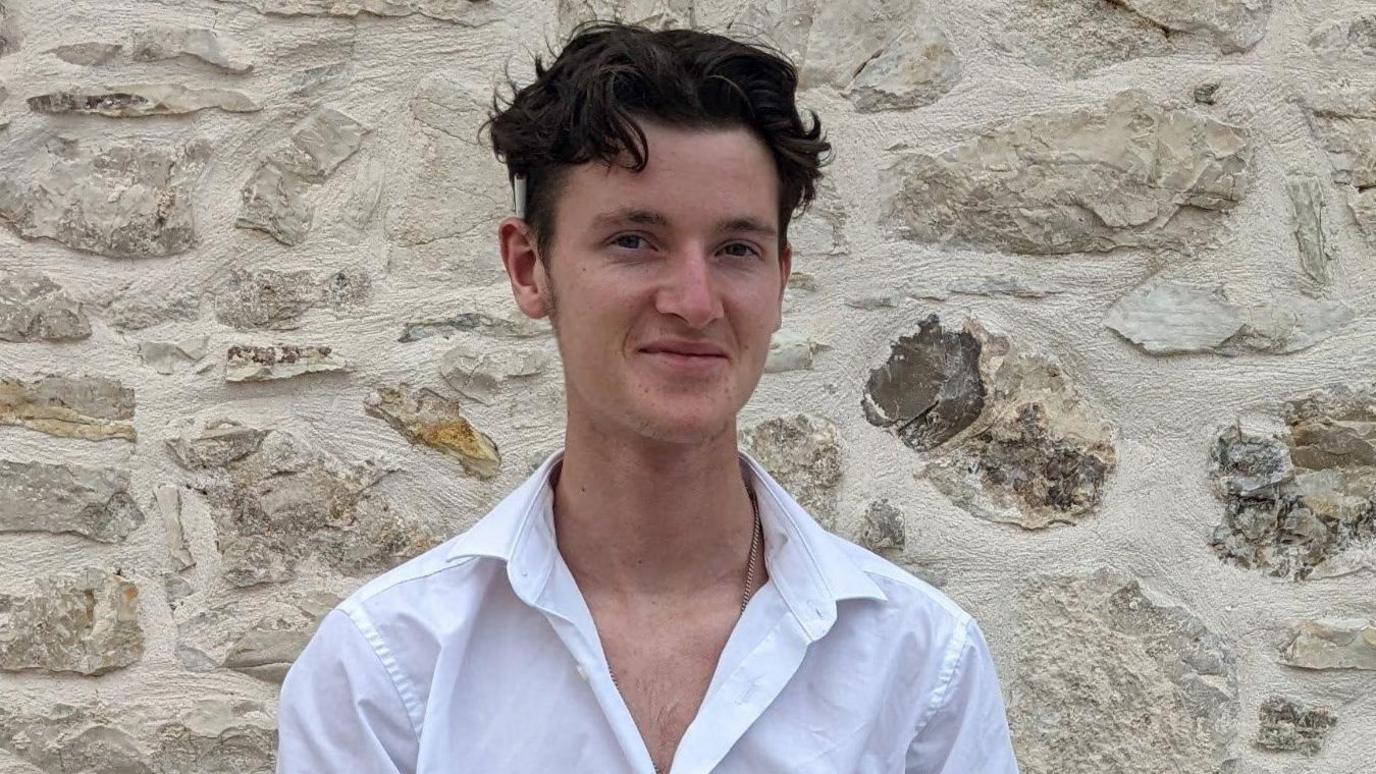
Sammy Phillips died in February last year
Sammy and Lewis had been on a night out in Henley-on-Thames with another friend, John Yolland.
All three had a passion for cars but Sammy could not yet drive.
John described himself and Lewis as "beemer (BMW) boys", attracted by the "thrill of the speed" and "smoking tyres".
He said he had been meant to give Sammy a lift home on the night of the crash.
"But Lewis had a new BMW and Sammy had not been in it yet, so [he was] quite excited for that," he said.
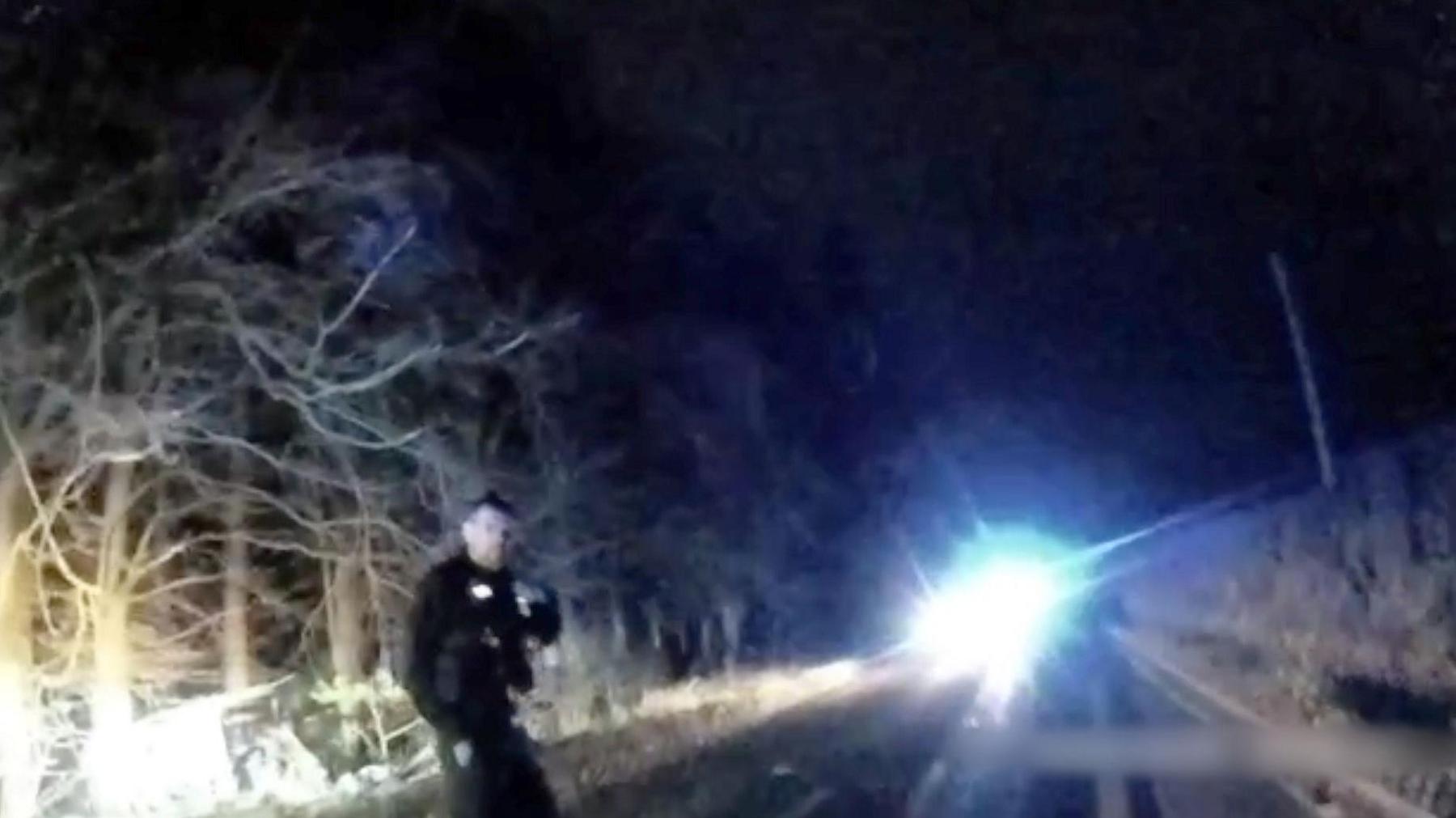
Police released images of officers at scene of the fatal crash
The death of his friends was "like the world stopping", said John, who explained he has since left the "car scene", selling both his BMW car and motorbike.
During a sit-down discussion for BBC documentary Drive Fast Die Young, he told Sammy's brother Jamie: "People need to realise you don't come back, mate. You make a mistake, that's it."
The UK's top roads policing officer, Chief Constable Jo Shiner, said the DVLA statistics were due to a combination of "inexperience, over-confidence" and men "often wanting to show off".
Road safety experts want the government to toughen up the penalties and reconsider introducing graduated driving licences.
Sammy previously filmed himself in the passenger seat of a speeding car
DVLA data, given to the BBC in response to Freedom of Information requests, showed 4,912 men aged 17 to 24 were convicted of dangerous or careless driving offences in 2023, receiving endorsement codes on their licences.
The number of convictions for women in the same age group was 549.
And 3,625 young men received penalties for drug-driving and 4,434 for drink-driving.
The figures for women were 301 and 942, respectively.
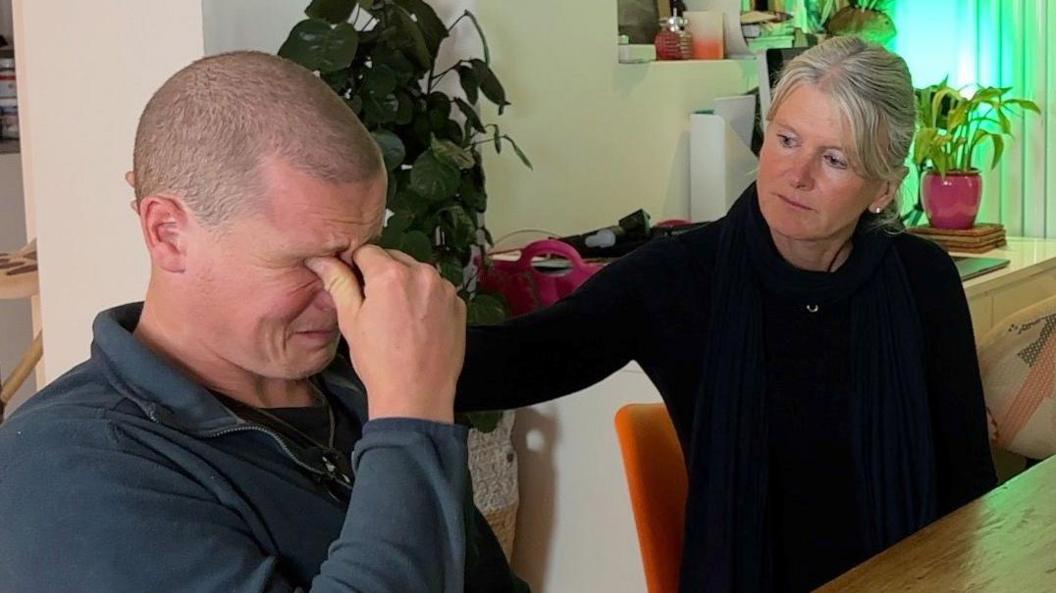
Jamie Morris and his mum Justine listen to the police report into his brother's crash
Government casualty statistics state "young male car drivers are four times as likely to be killed or seriously injured" compared with all older drivers.
Dr Elizabeth Box, RAC Foundation research director and transport psychologist, cited evidence that young male brains develop "at a slightly different rate" to females.
She said this made them more likely to take risks, especially in social situations.
"They can feel like they're showing off to their friends and they actually get some benefit from that," she explained.
"And they're more likely to think their skills are potentially better than they are."
Sammy was injured in a previous crash
The Transport Research Laboratory's chief scientist, Dr Shaun Helman, agrees.
"The psychological trait of sensation seeking is important here," he said.
"For most people, it peaks at your mid to late teens, so this is at literally the point we're giving them access to motorised transport.
"That's really risky for some individuals."
A funeral assistant said she would never forget Sammy's mother tucking in her son for last time
Both Dr Box and Dr Helman believe graduated driving licences could stop between 20% and 40% of crashes involving young drivers, who currently account for a fifth of all road deaths and serious injuries in the UK each year.
Graduated driving licences could see a minimum supervised learning period, curfews and a limit to the number of passengers new drivers can carry.
Dr Helman said for all young people, carrying passengers of their own age in a "party car" scenario increased the risk.
"The more passengers you have with you, the more likely it is that you're going to crash," he said.
Sammy's brother Jamie said it was hard to think of the future without him
Ms Shiner, the roads policing lead at the National Police Chiefs' Council and Chief Constable of Sussex Police, said she was "incredibly worried" by some young men's driving.
"It's an area that we really, really do need to tackle," she said.
She wants to see greater sentencing powers and graduated driving licences and said behaviour that puts other people's lives at risk was a crime.
"The car is a weapon if you get behind the wheel and you do not drive it responsibly," Ms Shiner added.
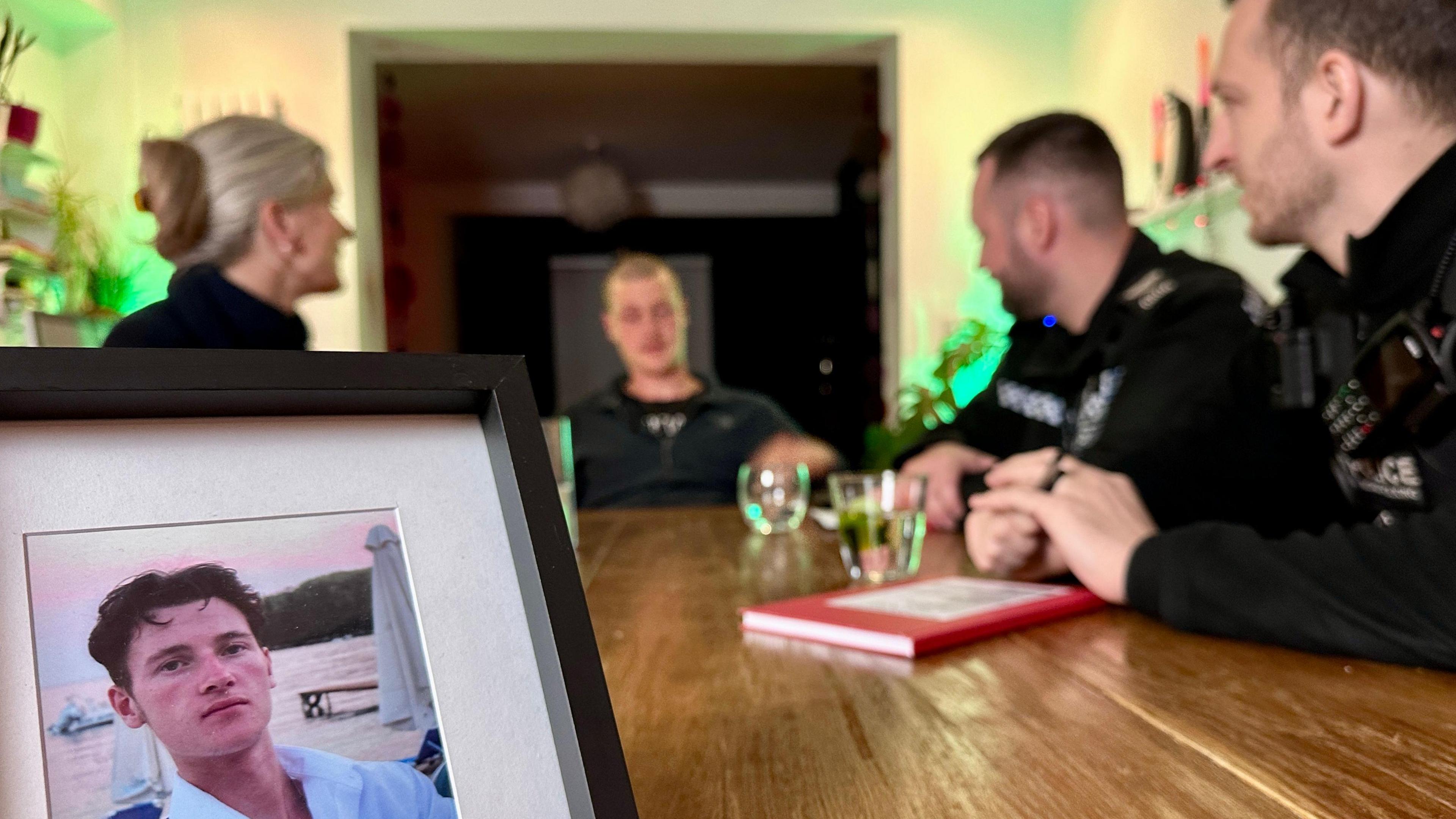
Jamie and mum Justine met the officers who attended the crash scene
As part of its investigation into the disproportionate number of young men killed or causing the deaths of others on the roads, the BBC uncovered an alarming trend of young men filming themselves driving dangerously and posting their exploits on social media for "likes".
Judge Francis Sheridan, who has overseen a number of high profile criminal cases involving road deaths, has described this as "a serious development".
"They're doing it only for one reason - glorifying themselves and their law-breaking," he said.
"Without the proper deterrent, you're not going to persuade, cajole or plead to hotheads to stop."
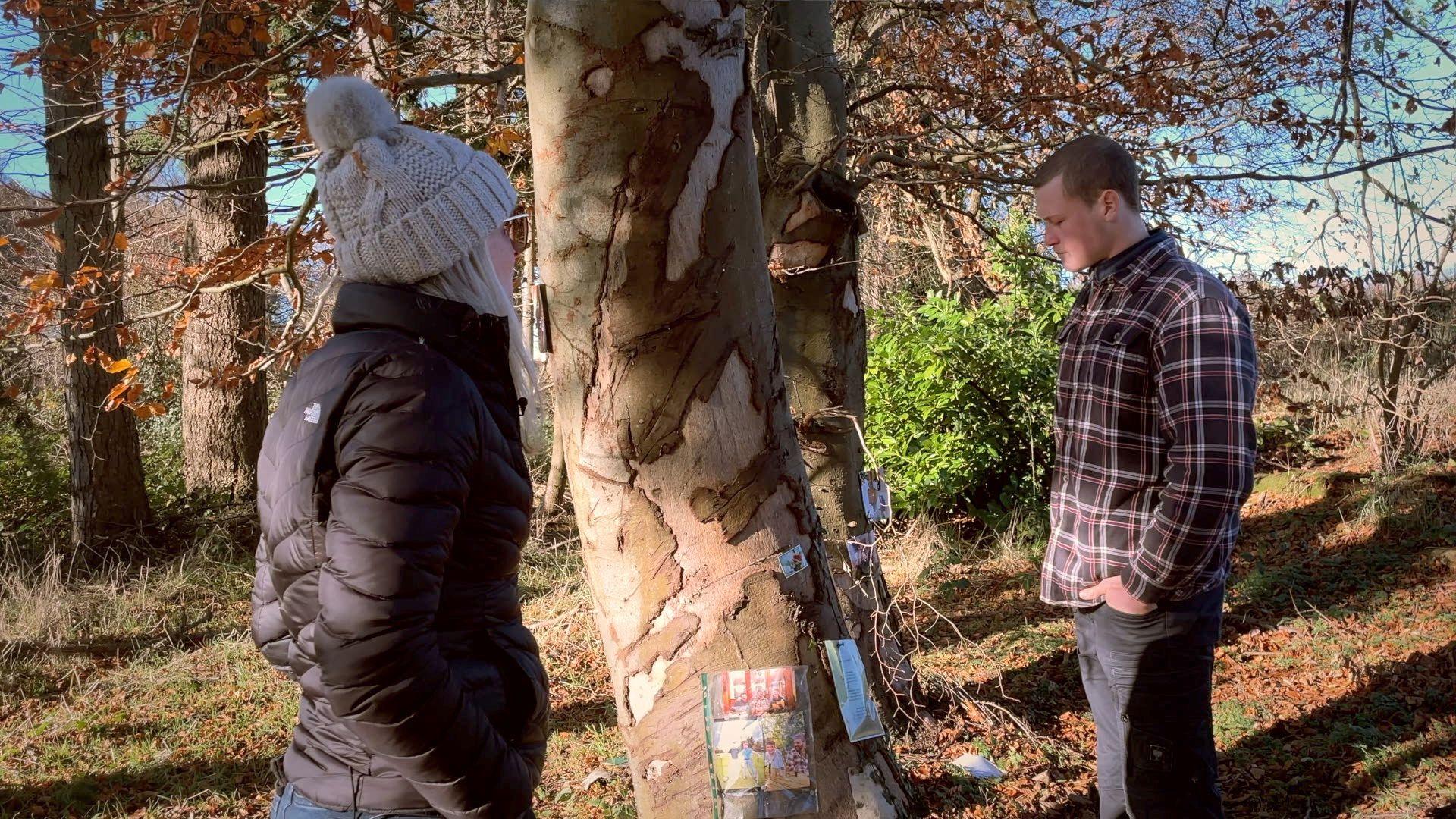
Sammy's brother Jamie and mum Justine visited the crash site together
England is currently the only country in mainland Britain and the G7 without a road safety strategy. The previous one elapsed in 2019.
Dr Helman described road safety as a "societal blindspot", while Dr Box believes it is a "public health emergency".
"We do not have the political will or key decision makers taking the right actions."
The Department for Transport (DfT) told the BBC it had no plans to introduce further restrictions on younger drivers.
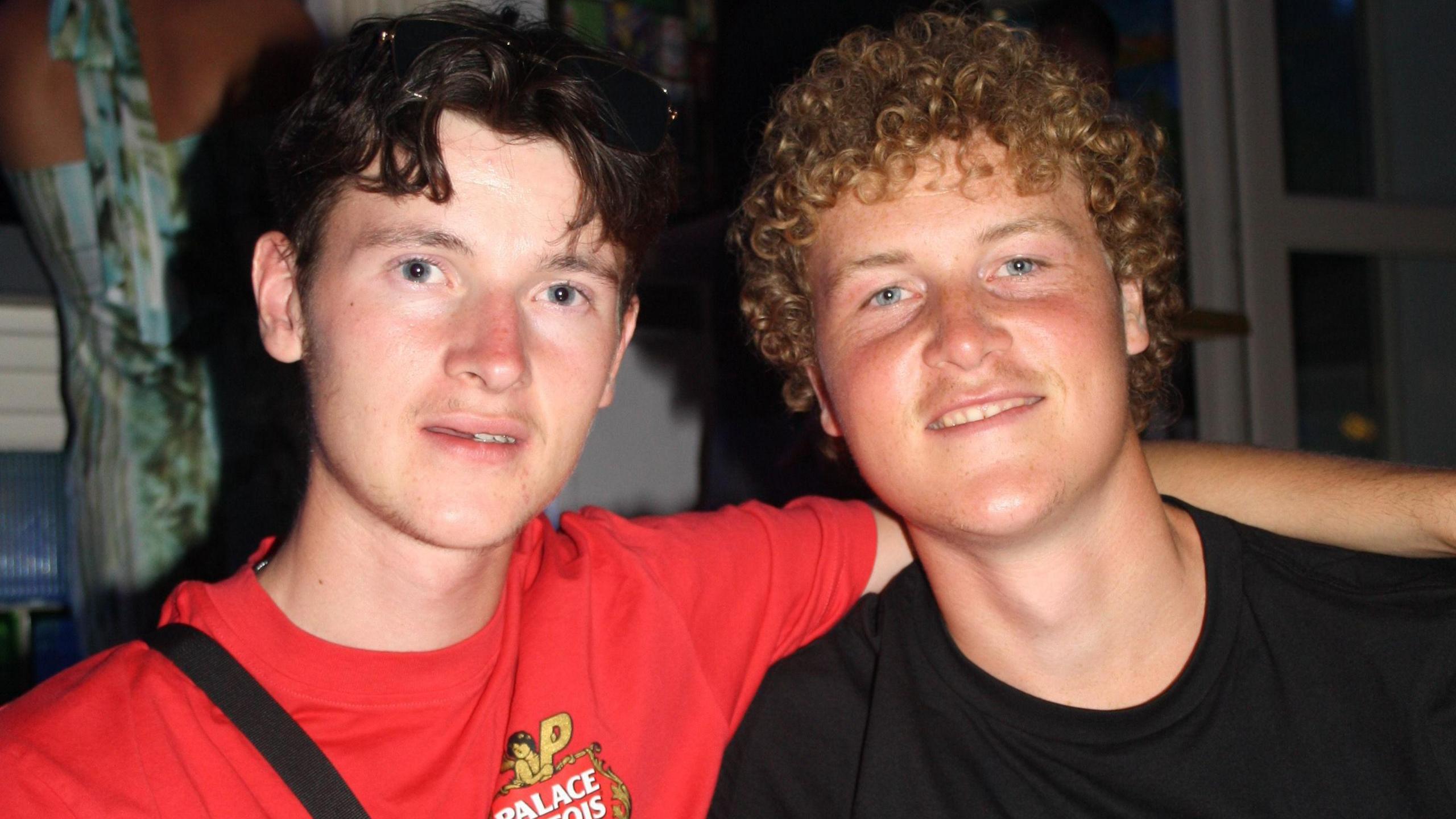
Jamie said young men like his brother Sammy needed more help
It said the UK had "some of the safest roads in the world".
In a statement, the DfT added: “Our Think! campaign is specifically targeted at young male drivers, and we have commissioned research designed to help learner and newly-qualified drivers improve their skills and safety.”
Jamie Morris gets upset every time he thinks about a future without his brother Sammy.
"We've just got to do more to help young men through what is probably the most dangerous time in their life and stop the carnage".

The story of a teenage road death told by his family and first responders.
Additional reporting by Jonathan Fagg, Senior Data Journalist
Follow BBC South on Facebook, external, Twitter, external, or Instagram, external. Send your story ideas to [email protected], external.
Related topics
- Published15 November 2023
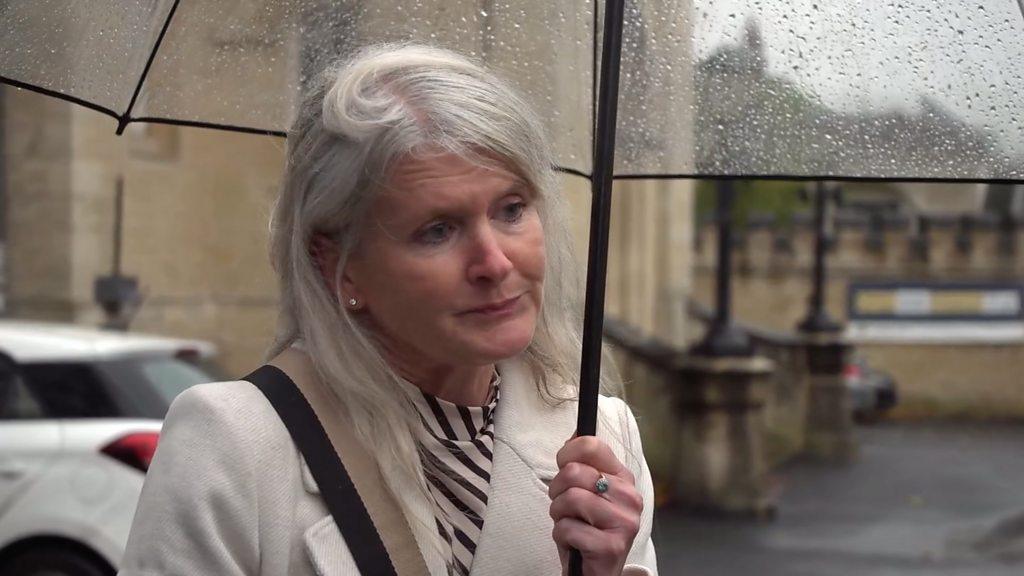
- Published14 November 2023
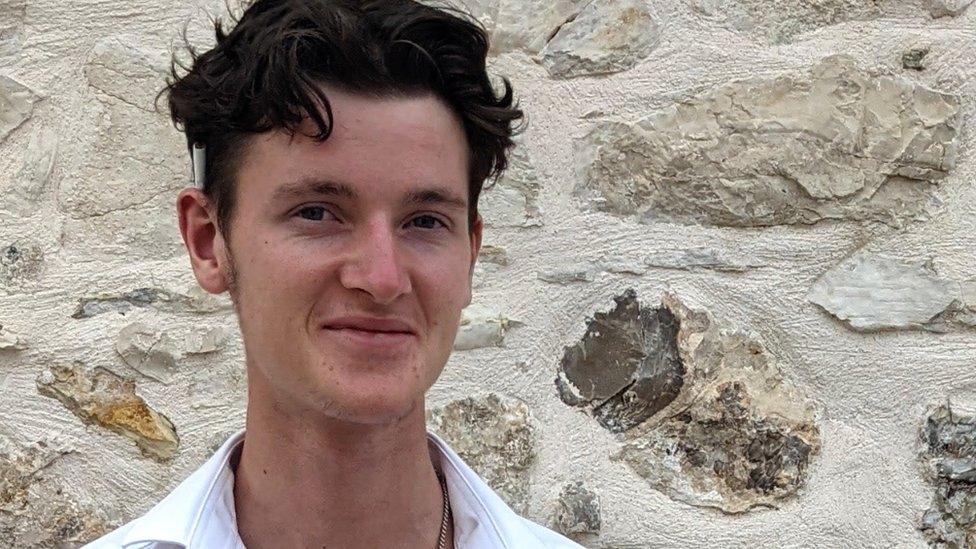
- Published10 February 2023
